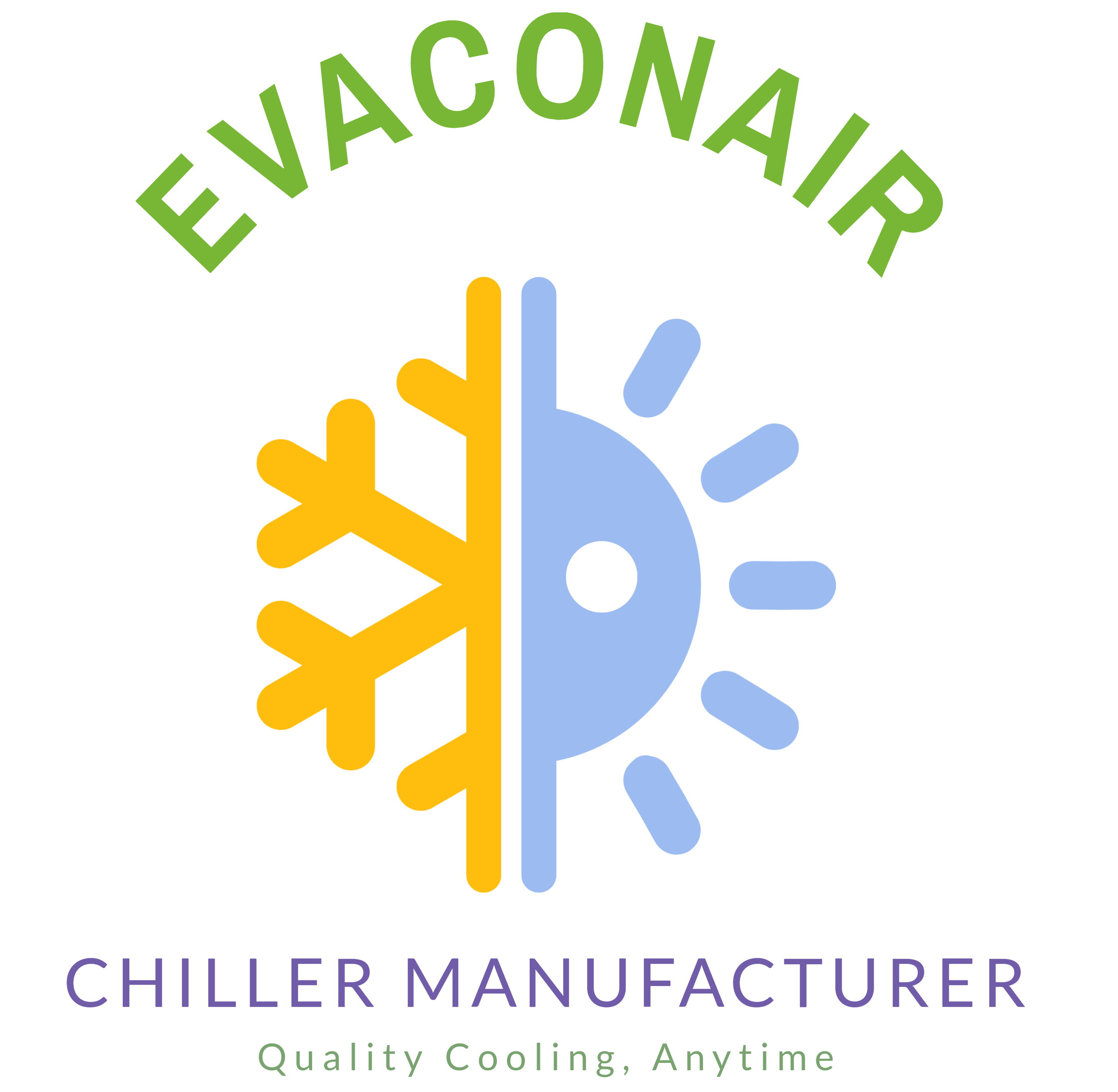Blog
HVAC stands for Heating, Ventilation, and Air Conditioning. It encompasses the entire system used to control the indoor environment’s temperature, humidity, and air quality. In the context of an AC (Air Conditioner), HVAC refers to the comprehensive system that not only cools the air but also ensures proper ventilation and maintains comfortable humidity levels.
Components of HVAC in AC
1. Heating
While the primary function of an AC is to cool, some HVAC systems include heating components to provide year-round comfort. This can be achieved through heat pumps or integrated heating systems. Learn more about our HVAC heating solutions.
2. Ventilation
Ventilation is crucial in maintaining indoor air quality by replacing stale indoor air with fresh outdoor air. Proper ventilation helps control humidity, remove contaminants, and ensure a healthy living environment. Explore our ventilation services.
3. Air Conditioning
The air conditioning component of HVAC systems is responsible for cooling indoor spaces. This involves removing heat from the indoor air and expelling it outside, thus lowering the temperature and providing a comfortable indoor climate. Discover our air conditioning solutions.
Importance of HVAC in AC Systems
- Comfort: HVAC systems ensure that indoor spaces remain comfortable by maintaining optimal temperature and humidity levels.
- Air Quality: Good ventilation improves indoor air quality by removing pollutants and controlling moisture.
- Energy Efficiency: Modern HVAC systems are designed to be energy-efficient, reducing energy consumption and operational costs.
Conclusion
HVAC in AC refers to the integrated system that handles Heating, Ventilation, and Air Conditioning, ensuring a comfortable and healthy indoor environment. For professional HVAC services and solutions, contact EVACONAIR.
